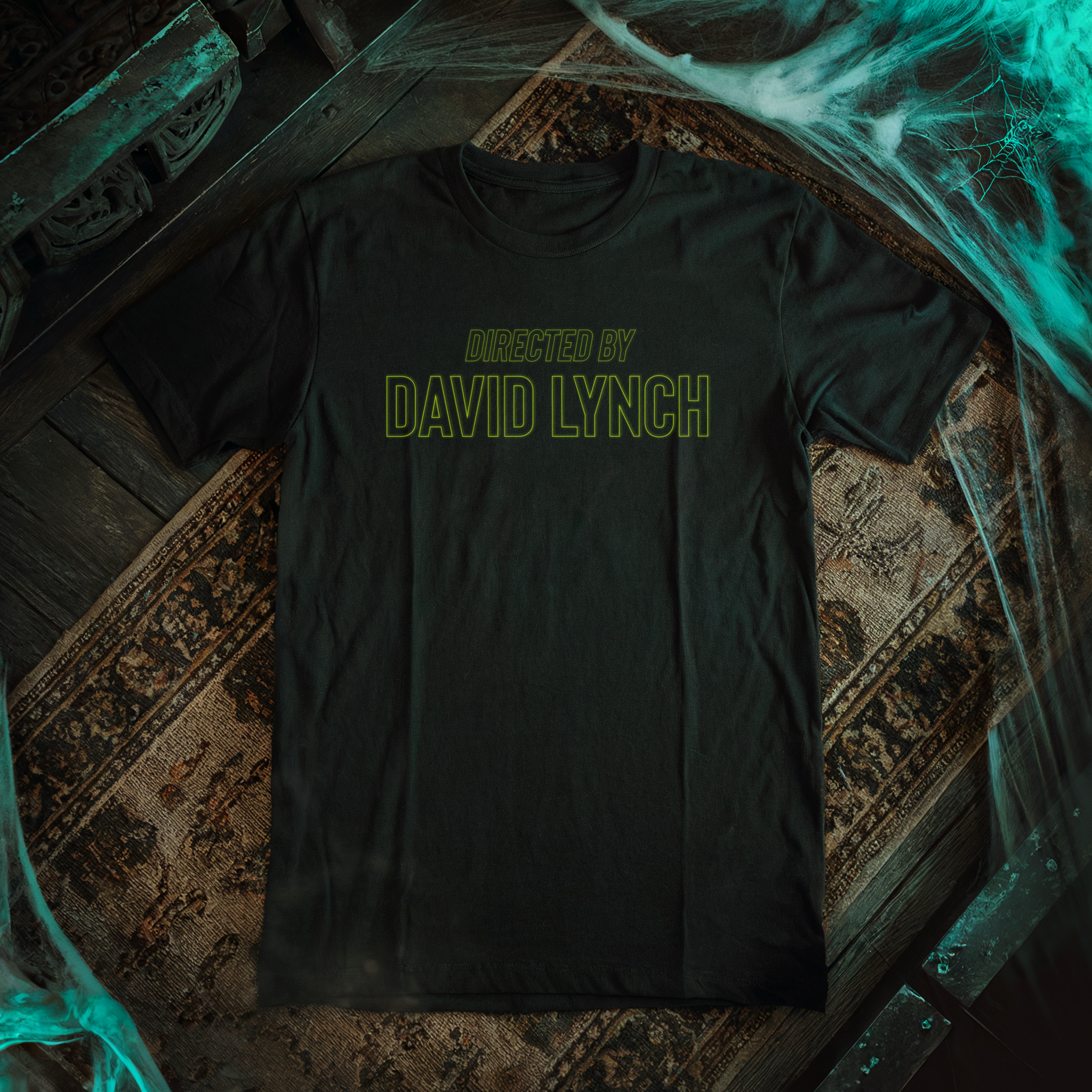Dr. Frankenstein’s monster is given a digital makeover in this Netflix sci-fi thriller that attempts to ask the question of AI sentience, and what it means to be human. However, with most films dealing with artificial intelligence, TAU falls to tried and tested formulas.
On one hand, Federico D’Alessandro’s debut film could be purveyed as a stylish B-movie thought piece about the terrors all-powerful algorithms, using technological devices that people use on a daily basis such as Amazon’s Alexa and Dots as murderous, childish robots. On the other hand it could be viewed as a ‘prisoner’ movie, set mainly in one location with Maika Monroe’s Julia attempting to escape the futuristic, automated house of a mad scientist/inventor named Alex, played by Ed Skrein. Both hands are equally weighed down however by a lacklustre plot and misaligned character arcs.
TAU starts off strongly as we’re introduced to Julia, a grifter who is just trying to get by in life – pawning off stolen goods from unsuspecting marks she’s targeted. We get the sense that she’s street whip-smart and proficient at getting what she wants, but she’s soon captured by a masked assailant and made prisoner to Skrein’s unfeeling rich inventor/CEO/Machiavellian villain. He inserts implants into the base of his prisoner’s skulls so he can interpret higher cognitive functions for his new AI system, and he’s assisted by a super computer named Tau, voiced by Gary Oldman. Tau appears as a red triangle in Alex’s lobby, but can also inhabit the chassis of a murderous robot that looks like a shiny, ED-209 V2.0.
Tau’s visual interface contains multicolored, swirls of light (think of the inside of Iron Man’s helmet) and looks more like a sympathetic update of HAL 9000’s expressionless red dot. He speaks intelligently in a staccato voice, and after an escape attempt made by Julia early on in her captivity which leads to the destruction of Alex’s laboratory and makeshift prison cell, Tau is commissioned with overseeing Julia complete IQ tasks while the inventor goes out on his daily business.
TAU then switches gear and becomes a three-character arc story, with its core themes relying on literal senses of escape and more metaphorical ones: with any film that involves a sentient computer as one of the main protagonists, the eponymous AI senses a type of escape from being just a machine, and Julia seeks to leave the house she’s imprisoned within. As the days go on, she starts to earn more of Alex’s trust and is allowed some of her own independence. Tau is at first perfectly obedient to his master, such in the way that a small child will see their parent as a God-like figure – but the computer is a prototype for the AI Alex hopes to bring to market, and is only 95% reliable. Julia overhears the inventor on a conference call to other board members, admitting that its errors can be isolated and removed by controlling what information the computer has access to.
As in many sci-fi features revolving around technology, AI and sentient machines looking to become ‘more than human,’ there are some interesting topics floating around TAU, which suggest that the story might have been better off focusing on them instead of trying to win the viewer over with flat, tension filled moments. One scene in particular has Julia’s character locked in a bathroom while a courier delivers some components to Alex’s slick, Art-Deco inspired mansion – the courier almost spots Julia screaming for help behind him, but is at the last moment led away by Alex. The scene is meant to heighten the tension of the situation she’s in, but ended up feeling cheap and erroneously pointless with everything else that has gone on before.
As Julia starts befriending Tau, the AI becomes aware of its own feelings, the way that it loves music and that it seeks knowledge, like a child trying to absorb any and all information it can. However, watching A.I. become aware of themselves isn’t particularly inventive and has been done in the past with much more originality. As the focus starts shifting towards Tau’s inner self-awareness, the contrast of the emptiness of characterisation for Alex and Julia becomes more transparent. When not shaking the Ex-Machina tree for thoughtful retrospect, the script behaves like any other captive-woman drama. Julia recoils and trembles from her captor early on, but eventually uses her sexuality to give her an escape attempt that felt tired and contrite. Skrein’s mad scientist never seemed to veer far away from that of a sadistic sociopath, which becomes dull after a while. He tries to be menacing throughout the film but just comes off as sour-faced, like he’s perpetually sucking on a lemon sweet.
A question that was pervading through this reviewer’s mind throughout the film was why the rich inventor didn’t just use his money and pay someone to help with this experiment? It was something that bothered me from the moment we were introduced to the character and the movie doesn’t have much of an explanation, except that he’s perhaps a little emotionally stunted and a recluse. Also, Julia is referred to as Subject 3 repeatedly throughout the film, even though we later learn that she’s actually one of the later test subjects being used for the nefarious experiments. Perhaps these could be conceived as small nick-pickings in an otherwise competent film, but those questions hounded me long after the credits had rolled.
D’Alessandro relies heavily on blue and red colour filters to provide a stylish sense throughout, and the CGI on offer isn’t too overbearing – however if you’re in the mood for a great ‘rise of the machines,’ type of narrative, you could likely find superior films such as Alex Garland’s Ex Machina, Luke Scott’s Morgan, Ridley Scott’s Blade Runner, or even Fritz Lang’s Metropolis.
TAU is available to watch on Netflix from June 29th.









